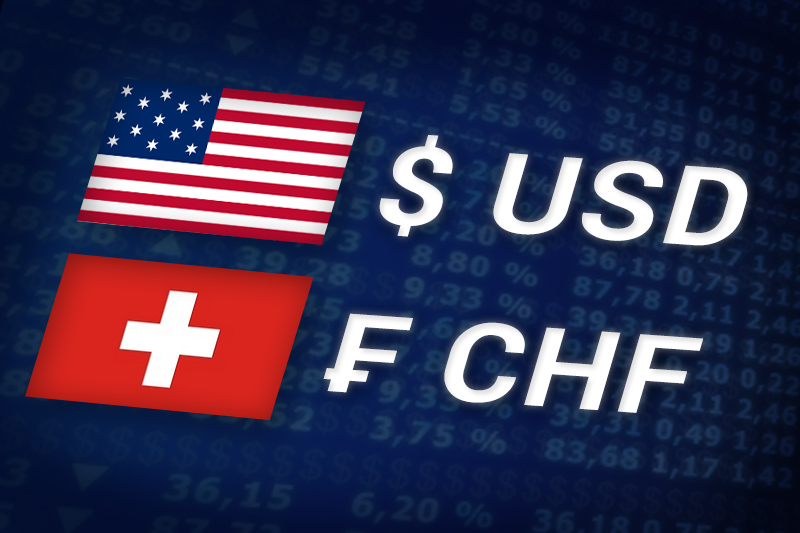Investing.com - The U.S. dollar was steady against the Swiss franc on Thursday, trading close to a four-month high in quiet trade as fears over a possible Greek exit from the euro zone and rising Spanish borrowing costs supported safe haven demand.
USD/CHF hit 0.9454 during European late morning trade, the session high; the pair subsequently consolidated at 0.9451, inching up 0.07%.
The pair was likely to find support at 0.9412, Wednesday’s low and short-term resistance at 0.9469, Wednesday’s high and a four-month high.
Market sentiment remained fragile, as fears over the risk of a Greek exit from the euro zone continued ahead of fresh elections next month, which could see anti-austerity parties take power.
On Wednesday, the European Central Bank said it had placed some Greek banks in an emergency liquidity assistance program, as they are severely undercapitalized.
Elsewhere, Spain successfully auctioned the full targeted amount of EUR2.5 billion at a government bond sale earlier, but the country’s borrowing costs rose sharply, pressured higher by worries over the health of the country’s banking sector.
The dollar came under pressure earlier, after Wednesday’s Federal Reserve minutes showed that several policymakers remain open to further efforts to stimulate the U.S. economy if growth falters or if the risks to the economy became great enough.
The Swissie was unchanged on the day against the euro, with EUR/CHF trading at 1.2010.
Later Thursday, the U.S. was to produce government data on unemployment claims, as well as a report on manufacturing activity in the Philadelphia area.
USD/CHF hit 0.9454 during European late morning trade, the session high; the pair subsequently consolidated at 0.9451, inching up 0.07%.
The pair was likely to find support at 0.9412, Wednesday’s low and short-term resistance at 0.9469, Wednesday’s high and a four-month high.
Market sentiment remained fragile, as fears over the risk of a Greek exit from the euro zone continued ahead of fresh elections next month, which could see anti-austerity parties take power.
On Wednesday, the European Central Bank said it had placed some Greek banks in an emergency liquidity assistance program, as they are severely undercapitalized.
Elsewhere, Spain successfully auctioned the full targeted amount of EUR2.5 billion at a government bond sale earlier, but the country’s borrowing costs rose sharply, pressured higher by worries over the health of the country’s banking sector.
The dollar came under pressure earlier, after Wednesday’s Federal Reserve minutes showed that several policymakers remain open to further efforts to stimulate the U.S. economy if growth falters or if the risks to the economy became great enough.
The Swissie was unchanged on the day against the euro, with EUR/CHF trading at 1.2010.
Later Thursday, the U.S. was to produce government data on unemployment claims, as well as a report on manufacturing activity in the Philadelphia area.
